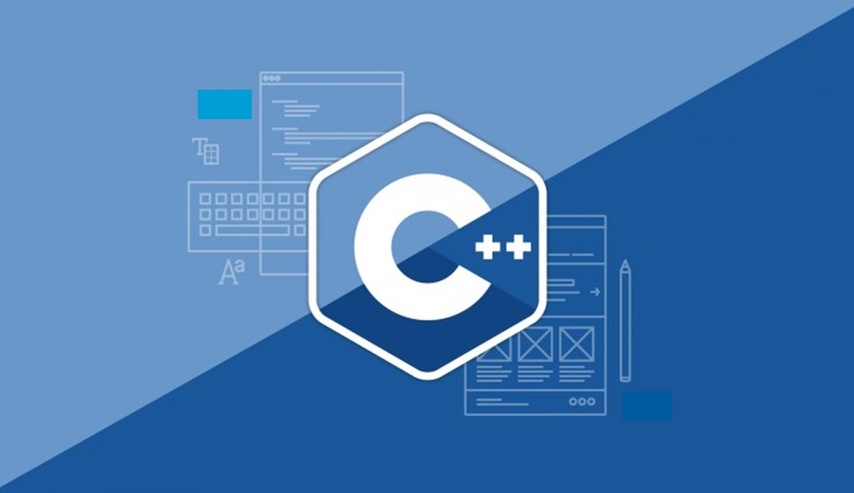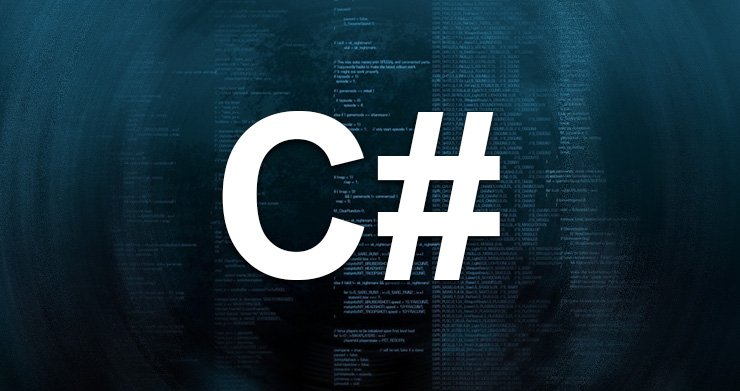Best Programming Languages For Finance


The financial industry is one of those industries which deals with the heavy influx of data. Finance professionals need knowledge, experience, and an extensive set of skills to deliver the best results. Nowadays, information technology has completely transformed the finance sector. With the development of financial solutions, it is important to understand which programming languages are most commonly used in this domain.
1. Java
Java is a multi-purpose object-oriented programming language. It is mainly used to create desktop applications (JavaFX) or design websites (Spring MVC, JavaEE), especially on the enterprise scale.
Historically, Java has been used extensively in the finance and banking sector. It is one of the most in-demand languages on Wall Street. The reason behind the adoption of Java for processing such sensitive corporate data is the security which it offers in comparison to other languages. Unlike other languages, Java is quite difficult to learn for beginners. It is used for low latency execution, simulation, and data modeling.
2. Python
Python was invented in 1991. Python is mostly synonymous with data science, AI and machine learning because it provides a large array of libraries which help with statistics and mathematical models. It is easy to develop both desktop and web applications in Python. However, Python is not considered among the fastest programming languages. Hence, if you have to run something like a simulation algorithm, then the use of Python can backfire.
What sets Python truly apart is the fact that its syntax is too similar to the mathematical format which is commonly used with financial algorithms. As a result, this allows it to become a good choice for developers who are familiar with economics and mathematics.

3. C++
C++ offers high performance. If you require greater speed for your financial solutions, then C++ is a good solution. Like Python, C++ is also supported by several similar libraries. C++ is also known as a low-level programming language which means that it can access the hardware better in comparison to other languages and communicate better with the internal components of the system.
In the financial sector, C++ can help you as a quant developer. Legacy financial systems are still run on C++ and these systems are known to form a large segment of financial applications in the world. Therefore, it is necessary to have a C++ developer on the board who can maintain such systems. They might have to just manage a trading infrastructure which computes feeds and store the information or work with quantitative libraries which work with derivatives pricing models.
Moreover, as a C++ developer, you can benefit from trading funds with high frequency. To do this, you have to be well-equipped in the operating system internals, compiler restrictions, and optimizations to do well in finance.
4. R
For statistics and data manipulation, R is ranked among the most sought after programming languages. R helps to analyze and process data to discover the relationship between multiple variables. As a result, it naturally finds itself well-suited in the financial industry where it can help analysts to forecast the market behavior. For example, it can help predict which actions investors can take after a sudden surge in the value of an asset. If you expect to work heavily with numbers then it is unwise to leave out R.
5. SQL
SQL (Structured Query Language) is different from other languages because it not considered as a programming language by many. Regardless, it is a language which bears high importance. Whether, you use Java, Python, R, or any other programming languages for your financial solution, there must be an intermediary which can help you to communicate with your data. This is where SQL shines as it is the sole intermediary between the database and other tools in the ecosystem.
Today, financial experts are designing complex and huge financial models by using SQL where it helps them to discover the link between the stock prices and identify what factors are responsible to change the prices.
Time Series Forecasting
6. C#
C# is a high-level language which bears high similarity to Java. C# is a brainchild of Microsoft and belongs to the .NET framework. Therefore, it is supported by a strong community. C# supports multiple paradigms and uses object-oriented approach. In the finance industry, the language has slowly begun to attract attention. The use of C# in the industry is not too dissimilar to Java and it is primarily used for data simulation and data modeling.
7. MATLAB
MATLAB stands for matrix laboratory. It is one of the most in-demand qualitative programming languages in finance. It falls into the category of a proprietary programming language and helps users with the implementation of financial algorithms, matrix manipulation, data function plotting and development of UI along with integrating it with other tools and software which are designed in other languages (cross-platform).
8. Fortran and Julia
Fortran and Julia are not leading any charts for the most popular programming leagues. However, these languages have surprisingly established a niche in the finance sector.
Julia is a relatively new language and is slowly being adopted by the developers. What Julia does is that it blurs the line between the assembly and high-level code. It can not only assist you to incorporate code which is as quick as C but it can also help you to work with the LLVM representation of functions along with their assembler code.
On the other hand, Fortran is an old player which was always singled-out for its application in the scientific and mathematical computations. Hence, it should come as no surprise that is excelling in the finance industry. Fortran offers a performance which is on par with C. Moreover, there are some cases where it can even beat newer programming languages while crunching numbers.
Build your ideal
software today

